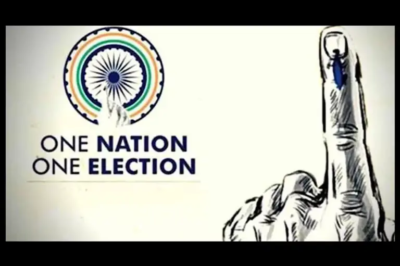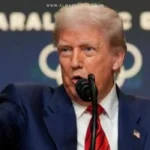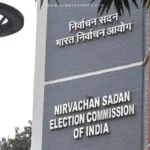
The Union Cabinet has approved the much-debated ‘One Nation, One Election’ Bill, a significant step towards synchronizing elections for the Lok Sabha and state Legislative Assemblies. The Bill is likely to be introduced in the ongoing winter session of Parliament.
Key Highlights
- Cabinet Approval: The Bill, backed by the recommendations of the Ram Nath Kovind Committee, is set to streamline the electoral process in India.
- Parliamentary Pathway: After introduction, it will require approval from both the Lok Sabha and Rajya Sabha to become law. A Joint Parliamentary Committee (JPC) may be constituted to ensure consensus across political lines.
- Stakeholder Involvement: Opinions from political parties, state Assembly Speakers, intellectuals, and the public will be sought to enrich the discussion.
Background and Context
- Historical Perspective: Simultaneous polls were conducted in India during 1951-52, 1957, 1962, and 1967, but this cycle was disrupted due to the premature dissolution of assemblies.
- Revival of the Concept: The idea resurfaced in the 1980s, gaining momentum with recent government efforts.
Key Recommendations from the Kovind Committee
- Concurrent Elections: Synchronize Lok Sabha and state Assembly polls, followed by local body elections within 100 days.
- Common Electoral Rolls: Election Commission (ECI) to work with state authorities to create unified electoral rolls and voter ID cards.
- Economic Impact: Economists predict a 1-1.5% GDP boost post-implementation.
Government’s Vision
The Bill seeks to address challenges posed by staggered elections, including:
- Prolonged Electioneering: Reduces disruptions in governance caused by frequent elections.
- Cost Efficiency: Minimizes financial and administrative burdens of holding multiple elections.
- Streamlined Governance: Synchronizing elections ensures smoother policy implementation.
Reactions and Support
- Former President Ram Nath Kovind hailed the initiative as a “game-changer”, emphasizing its national significance over party interests.
- Extensive consultations by the High-Level Committee indicate overwhelming public and expert support for simultaneous elections.
- Prime Minister Narendra Modi has called the proposal transformative for governance and democratic processes in India.
Challenges Ahead
- Building political consensus remains a significant hurdle, as the proposal requires acceptance across party lines.
- Legal and logistical adjustments, including constitutional amendments, will be necessary to synchronize election cycles.
Conclusion
The ‘One Nation, One Election’ Bill represents a bold move towards comprehensive electoral reform. While challenges remain, its implementation could mark a new era of efficiency and stability in India’s democratic processes. The next steps in Parliament will be crucial in determining the future of this historic proposal.









































Leave a Reply